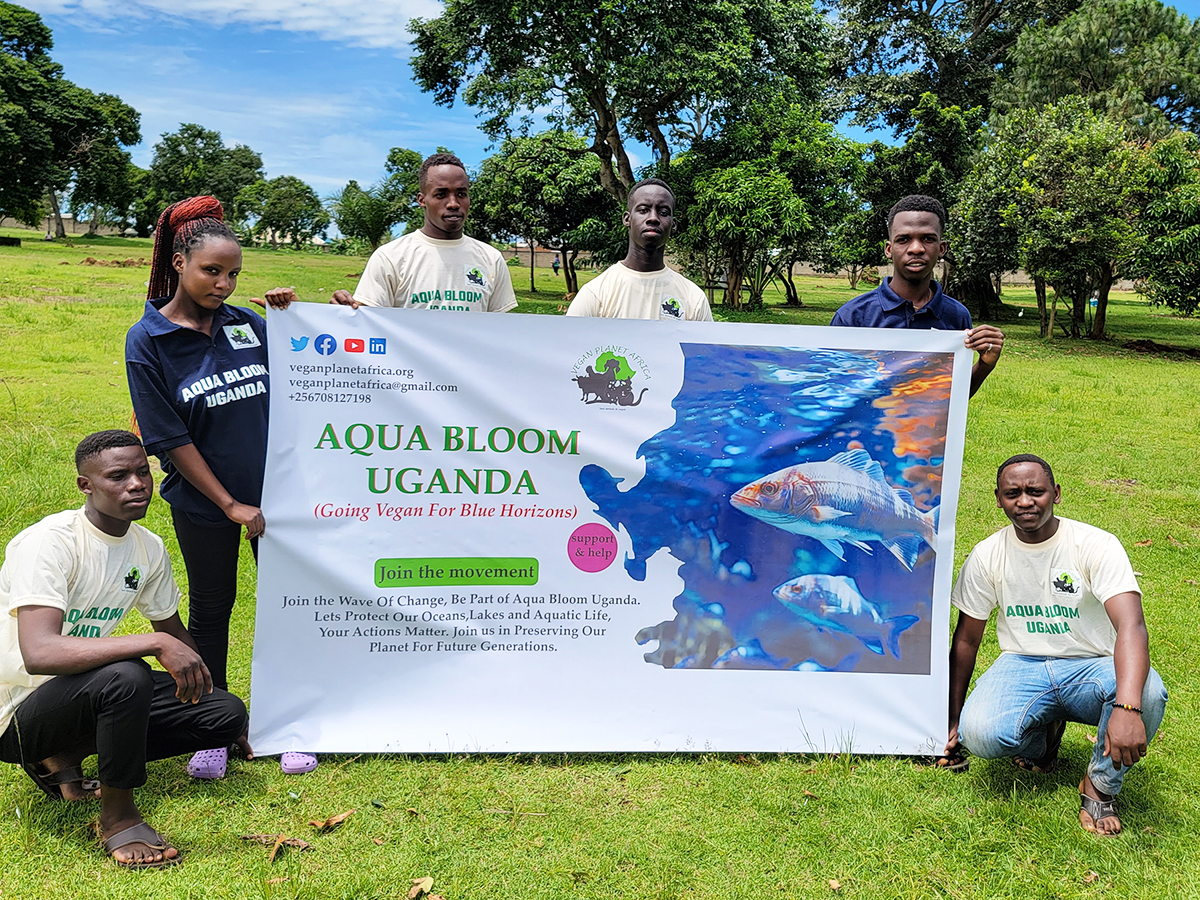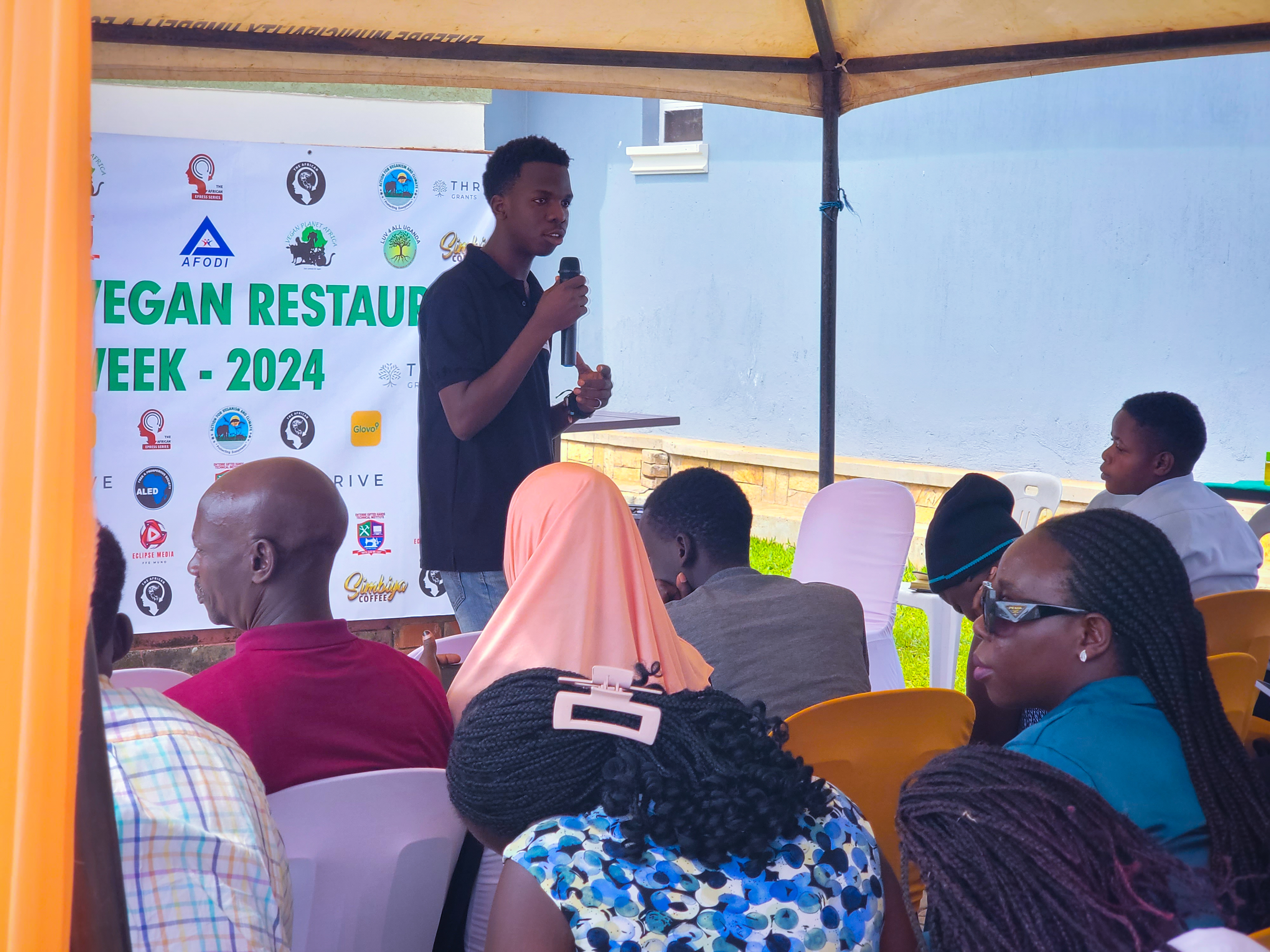We are excited to share about the Africa Vegan Restaurant Week 2024, a project organized and supported by Thrive Philanthropy and its department Thrive Africa, where we celebrated delicious plant-based food across Uganda and Africa.
Lake pollution is a big problem that doesn't just hurt fish and other marine animals; it affects the entire community living around the lake. When we pollute lakes, it harms the water people drink, the fish they eat and the environment they depend on. In this post, we can explain how pollution from things like plastic waste and chemicals damages marine life.
We can share stories from the Aqua Bloom Uganda Project, showing how people who live near lakes are working to save their water sources and protect their health. By highlighting these local efforts, we can inspire others to take action.
The Connection between Lake Health and Community Well-Being
Lakes are more than just bodies of water; they are a lifeline for many communities, especially those living nearby. Here's how:
- Drinking Water: Many communities depend on lakes for clean drinking water. When a lake is polluted, it can no longer provide safe water, leading to health problems like waterborne diseases.
- Livelihoods: Many people make a living from tourism linked to lakes. When lakes are polluted, fish die and tourists stop visiting, taking away jobs and income for local families.
- Cultural Importance: For some communities, lakes hold cultural or spiritual significance. Protecting lake health helps preserve these traditions and the identity of the people living nearby.
Healthy lakes mean healthy communities, and when lakes are polluted, the community suffers in many ways.
How Pollution Affects the Fish and Marine Ecosystem
Pollution has serious consequences for fish and the entire marine ecosystem and here is how;
- Toxic Water: Chemicals from farming, factories, or household waste can poison the water. Fish absorb these toxins which can make them sick or kill them. This also harms people who eat contaminated fish.
- Oxygen Depletion: When too much waste or fertilizer runs into lakes, it causes algae blooms. These algae take up all the oxygen in the water, creating dead zones where fish and other aquatic life can't survive.
- Habitat Destruction: Pollution like plastic waste can damage fish habitats by covering the lakebed or clogging plants that fish use for shelter. Marine life also mistakes plastic for food, which can lead to death when they ingest it.
- Disrupted Food Chains: When pollution kills off certain species, it disrupts the entire food chain. Larger animals that rely on small fish or plants may not have enough to eat, causing a ripple effect throughout the ecosystem.
Pollution impacts every level of the marine ecosystem, threatening the balance that keeps lakes healthy and full of life.

.jpg)



